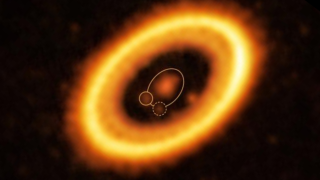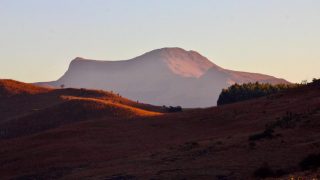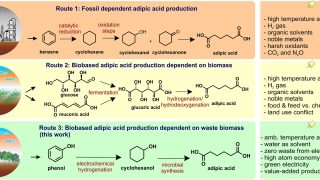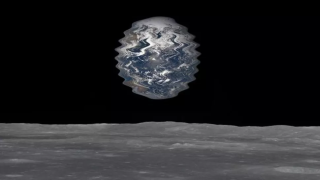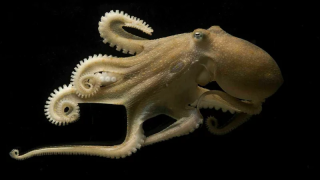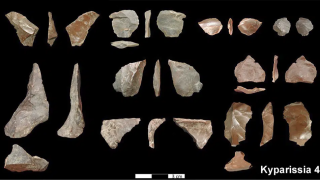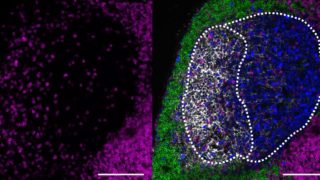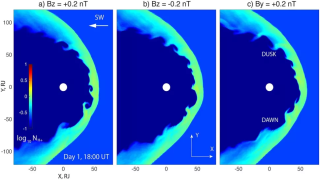
MI weekly selection #524
Reduced cancer risk tied to short bouts of physical activity A study found that a minimum of 3.4 minutes and 3.7 minutes of vigorous intermittent lifestyle physical activity per day were associated with a 17% lower total cancer incidence risk and 28% lower physical activity-related cancer incidence risk, respectively. Full Story: MedPage Today Polyethylene plastic […]
